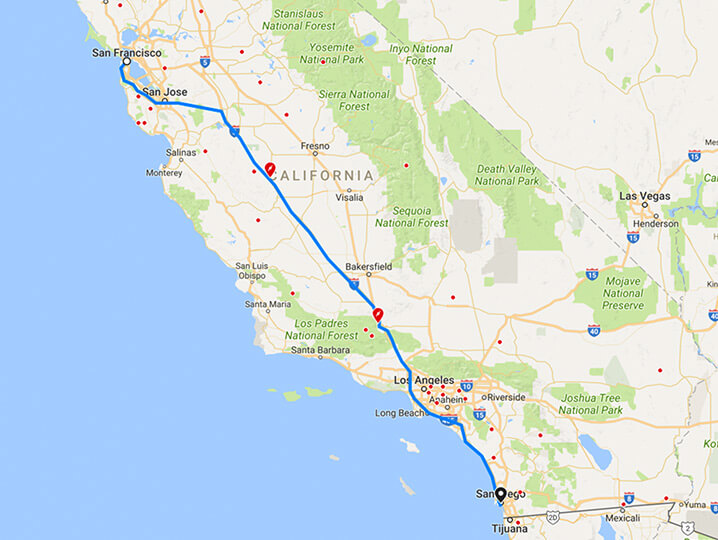joderest
Senior Member
- Joined
- Apr 16, 2018
- Messages
- 1,286
- Reaction score
- 813
- Your Mercedes
- ML270 2003
Just thought i would start a post on the above.
I suppose at some point i will have to invest in one of these, but a thought springs to mind.
What are the tow'ers going to do ?
Is there a suitably large enough vehicle that is electric that can tow a caravan ?
I ask because, my wife tows a horse trailer, we always have a vehicle that can tow over three tons, as stops the "tail wagging the dog "syndrome. I suppose we could get away with about 2.8 tons, but i like the safety margin.
So, the ML270 copes very, very well, but what if we had to have an electric vehicle because we are told to, what, if any, are good at towing and 4 wheel drive?
How long would the batteries last towing a big trailer and two horses, what would be the range.
Questions i have not seen come to light yet.
Thoughts anyone ?
I suppose at some point i will have to invest in one of these, but a thought springs to mind.
What are the tow'ers going to do ?
Is there a suitably large enough vehicle that is electric that can tow a caravan ?
I ask because, my wife tows a horse trailer, we always have a vehicle that can tow over three tons, as stops the "tail wagging the dog "syndrome. I suppose we could get away with about 2.8 tons, but i like the safety margin.
So, the ML270 copes very, very well, but what if we had to have an electric vehicle because we are told to, what, if any, are good at towing and 4 wheel drive?
How long would the batteries last towing a big trailer and two horses, what would be the range.
Questions i have not seen come to light yet.
Thoughts anyone ?


